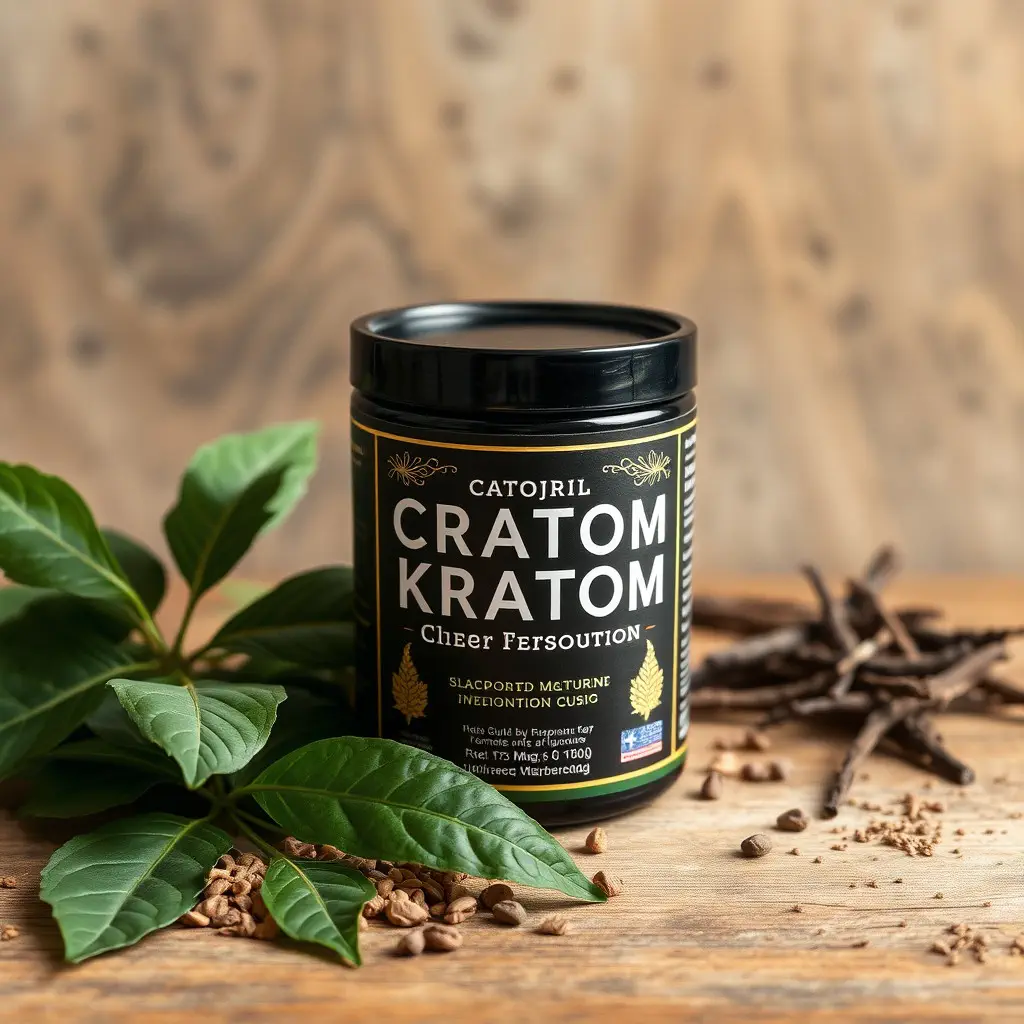Kratom, a natural plant compound, offers muscle soreness relief for athletes and fitness enthusiasts. By interacting with opioid receptors in the body, kratom suppresses pain signals, aiding faster muscular recovery after intense workouts. This benefit could help maintain peak conditioning by reducing recovery times between workouts. Individual responses vary, so proper dosage is crucial.
Are you ready to take your physical conditioning to new heights? Discover how kratom can provide natural muscle soreness relief and revolutionize your workout routine. This guide explores the science behind kratom’s anti-inflammatory and analgesic properties, offering practical strategies for integrating this herbal supplement into pre, during, and post-workout routines. Learn about the right kratom strains for different workouts, optimal usage practices, and real-life success stories from athletes who’ve achieved peak performance with kratom guidance.
- The Role of Kratom in Muscle Recovery
- – Understanding muscle soreness and its causes
- – How kratom can alleviate muscle discomfort and accelerate recovery
The Role of Kratom in Muscle Recovery
Kratom has gained attention for its potential benefits in accelerating muscle recovery. The plant-based compound, known for its analgesic and anti-inflammatory properties, can help alleviate muscle soreness that often follows intense physical activity. By interacting with opioid receptors in the body, kratom may ease pain signals, allowing for quicker restoration of muscular function.
This effect could be particularly beneficial for athletes and fitness enthusiasts striving for peak physical conditioning. Incorporating kratom into post-workout routines might facilitate faster recovery times, enabling individuals to push their limits more frequently without experiencing excessive muscle fatigue. However, it’s crucial to approach this practice with caution, as individual responses to kratom can vary, and proper dosage and usage guidelines should always be followed.
– Understanding muscle soreness and its causes
Muscle soreness is a common experience for many individuals, especially those actively working on their physical conditioning. It arises from various factors such as intense workouts, overtraining, or even prolonged periods of inactivity. While it’s often viewed as a barrier to progress, understanding the causes can help in managing and even alleviating muscle soreness more effectively.
Kratom, known for its diverse therapeutic properties, has gained attention as a potential aid for muscle soreness relief. Scientific research continues to explore its effects, suggesting that kratom’s unique alkaloid composition might play a role in mitigating discomfort associated with muscle strain and inflammation. By interacting with opioid receptors in the body, kratom could offer natural pain relief, contributing to faster recovery and improved physical performance over time.
– How kratom can alleviate muscle discomfort and accelerate recovery
Kratom has been shown to offer significant muscle soreness relief for athletes and fitness enthusiasts. Its active compounds, known as alkaloids, interact with opioid receptors in the body, mimicking some of the effects of natural endorphins but without the same level of risk for dependence or tolerance. This interaction can help reduce inflammation and ease discomfort associated with intense physical activity, allowing for quicker recovery times.
By alleviating muscle soreness, kratom can play a crucial role in peak physical conditioning. It enables individuals to push their limits during workouts, recover faster, and maintain consistency in their training routines. Whether used post-workout or as a preventative measure, the soothing effects of kratom on muscles make it a valuable addition to any athlete’s wellness regimen.
Kratom has emerged as a natural ally for athletes seeking peak physical conditioning. By understanding and targeting muscle soreness relief with kratom, individuals can accelerate recovery and enhance their overall training experience. Remember that, while kratom offers potential benefits, it’s crucial to consult with healthcare professionals for personalized guidance.






